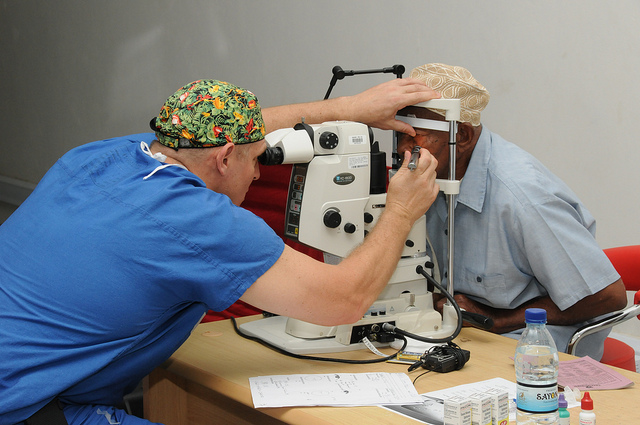It may be possible for employers to take a whole new approach to workers' comp cost containment based on an OSHA regulation that allows an employer to require injured workers to undergo a prompt medical exam outside of the workers' comp system and to obtain the release of prior medical records.
Most employers are unaware that they can utilize this little-known and virtually untried regulation that allows for employers to pay for second medical opinions under OSHA recordkeeping requirements and regulations. The regulation can be found in §§ 1904.7(b)(3)(ii) and (b) (4)(viii).
There are two major facets to this statute. First, employers must pay 100% of the medical exam costs outside of the workers' comp system. Second, insurance companies and third-party administrators (TPA)s cannot schedule such exams or pay for such exams because they cannot work outside the state workers' comp system.
The costs of such exams are not included in an employers' overall workers' comp claim costs, nor are they included in experience modification calculations. The costs for such a program would have to come out of another budget, like risk management or safety.
Of major significance is that, while the regulation states such exams are outside workers' comp regulations, with proper procedure they and the related medical records are discoverable. They may be released and used in workers' comp claim adjudication.
This approach would not necessarily require any change in how medical professionals provide exams for injured workers. What would change is how these exams would be scheduled and paid for, outside workers comp.
A key issue is that these employer-directed exams would have to be "contemporaneous." OSHA defines this as, "no change in workers' condition" between the medical exams.
There would be a very short window, in my opinion, to utilize this OSHA prompt medical exam. These exams would need to be scheduled at the same time as the initial injury reporting.
The intent of OSHA is to allow employers to choose between two conflicting medical opinions (employee medical provider vs. employer medical provider) as to whether an injury or illness is "recordable" under OSHA regulations based on "authoritative" medical opinion.
OSHA regulations are silent on two fronts: 1) the actual timelines beyond "contemporaneous" and 2) whether these medical exams and prior medical records can be used through subpoena to question the need for continuing medical treatment and lost time under state workers' comp.
But I see no reason why the results of such an exam could not be used even after a claim is determined to be "recordable" under OSHA regulation, because the prompt medical exam and second medical opinions and reports are "discoverable" under proper procedure in state work comp systems, according to OSHA.
The employer can simply say, "We paid for a prompt medical exam under OSHA regulations, and this is what we found out." The employer would then have the right to share this information with its insurance company or TPA because the injured worker must agree to the exam and release of prior medical records.
This approach would be a great tool for employers in states such as Illinois whose workers' comp laws allow the employee to select the medical provider.
The recent federal court case in Illinois decided against Fed Ex may well have had a different outcome if the company had used federal OSHA regulations to support its policy of requiring employees to promptly report medical care.
Illinois state workers' comp law, among many others, clearly gives the employee the right to select the treating medical provider. Most people in the industry would say, "case closed!" But OSHA regulations (federal law) clearly also give employers the right to schedule a prompt medical exam and to choose between two conflicting medical opinions to determine the "most authoritative." OSHA also refers to Department of Transportation exams as an example of intermediary exams available to employers. Those exam records and results are not part of the comp record, but, with proper procedure and use of subpoena, records may become discoverable in work comp cases.
Employers have always felt powerless in states that allow the injured worker to select the treating medical provider, such as Illinois and New York. By using OSHA regulations, employers may very well have a powerful management tool in their arsenal that they didn't even know about to address potential fraud, abuse and inappropriate medical care and lost-work time.
Hence, I believe a little-known, rarely utilized outside of state workers' comp is available to employers under OSHA and could be very powerful.
Stay tuned.







